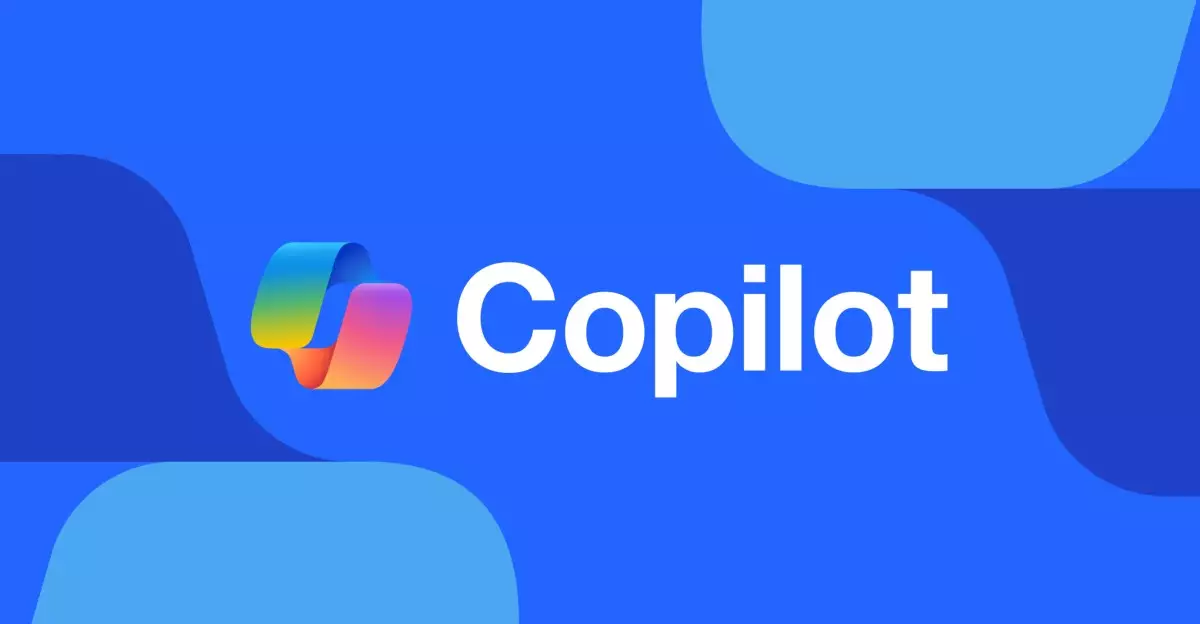The tech giant Microsoft is making ambitious strides with its latest announcement regarding Microsoft 365 Copilot, revealing groundbreaking advancements in artificial intelligence that promise to redefine productivity in the workplace. This development is marked by the introduction of two new “deep reasoning” agents, known as Researcher and Analyst. These tools signify a notable move towards integrating advanced cognitive functions within conventional office productivity software, enabling users to tackle complex tasks with unprecedented ease and efficiency.
Researcher: A New Echelon of Information Gathering
The Researcher agent stands at the forefront of this transformation, utilizing OpenAI’s advanced models to facilitate sophisticated, multi-layered research tasks. Unlike traditional search functionalities, which often yield disjointed pieces of information, Researcher integrates data from various third-party platforms, such as Salesforce and ServiceNow. This capability allows users to extract insights not merely from Google searches but from an array of interconnected applications, making it an invaluable asset for businesses looking to leverage their data comprehensively. This innovation illustrates a shift toward not just aggregating information but assimilating it into actionable intelligence, potentially altering how teams conduct research and make data-driven decisions.
Analyst: Empowering Data Interpretations
On the other hand, the Analyst agent promises to revolutionize data handling by employing a reasoning model that enables it to operate akin to a skilled data scientist. Its ability to process raw data into intuitive spreadsheets and deliver live results during Python code execution marks a leap in our interaction with complex data sets. The vision is that users will no longer need extensive technical expertise to interpret and analyze intricate data; instead, with Analyst, actionable insights can emerge from raw data in real time, streamlining decision-making processes. This enhancement has the potential to democratize data science, providing powerful analytical tools to users at all experience levels.
Autonomous Agents: The Future of Task Automation
Another exciting aspect of this rollout is the introduction of enhanced autonomous agent capabilities. Microsoft claims these agents can “automate any task you can imagine,” thus reshaping daily workflows. With the promise of rule-based workflows integrated with AI action, mundane tasks could see a significant shift toward automation. For instance, tasks like directing feedback emails to specific teams could be achieved without manual intervention, potentially reducing time wasted on administrative duties. While the text describes these features with enthusiasm, it leaves room for skepticism concerning actual implementation and efficacy. The tech industry is famed for promising capabilities that often don’t live up to expectations; thus, the real test will lie in practical application.
Challenge of Expectations: Delivering on the Hype
Despite these promising advancements, there is a lingering skepticism regarding the practical benefits these new features will deliver. Historically, companies tout revolutionary AI innovations which, upon actual usage, fall short of hype. The question remains: will these new tools indeed simplify tasks or merely add to the complexity with “low-code” environments that don’t deliver tangible benefits? As the rollout approaches in April, businesses and users alike are poised for an unveiling that could either redefine their workflows or leave them wanting.
The evolution of Microsoft Copilot heralds a promising future where AI can be integral in enhancing workplace productivity. Still, whether these innovations stick the landing or simply become a footnote in the annals of tech hype will ultimately depend on their performance in real-world scenarios.


Leave a Reply